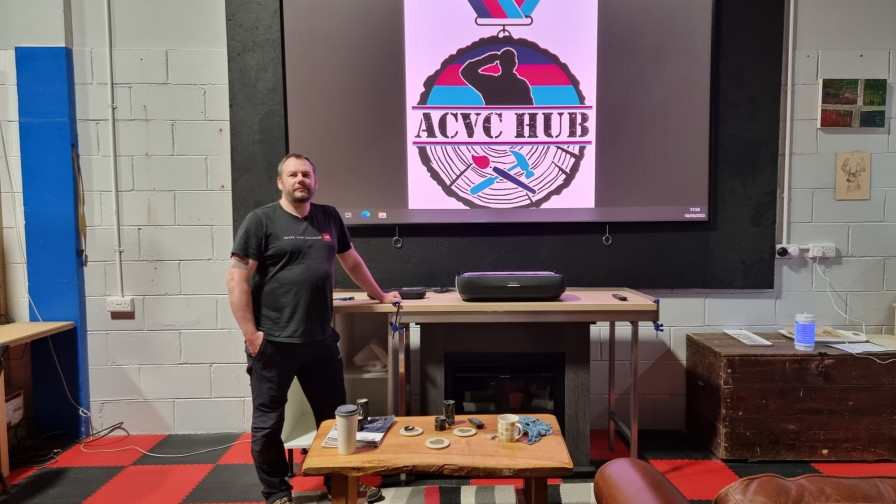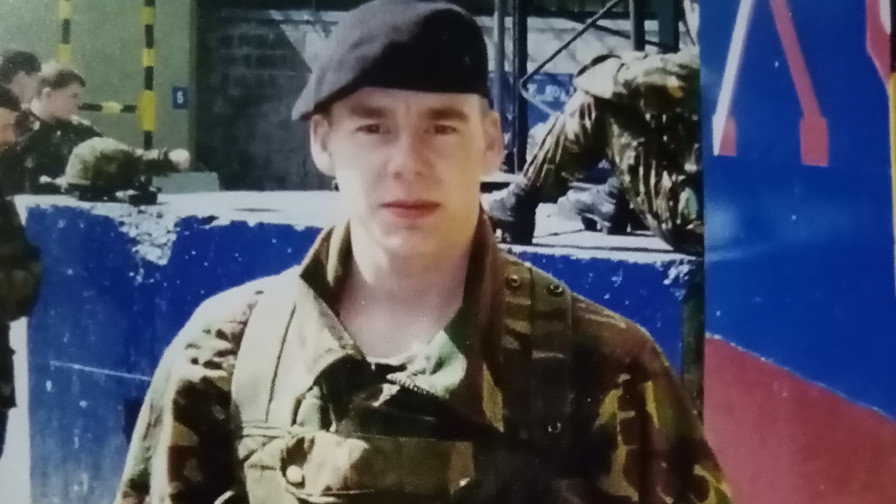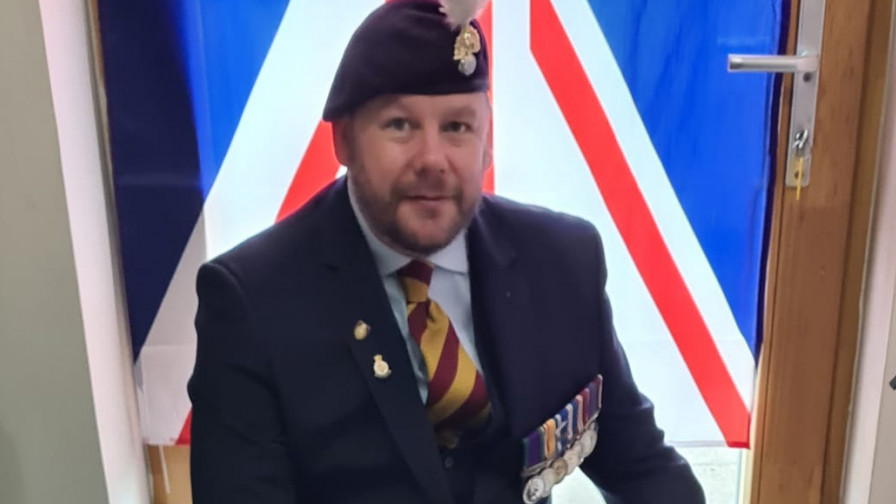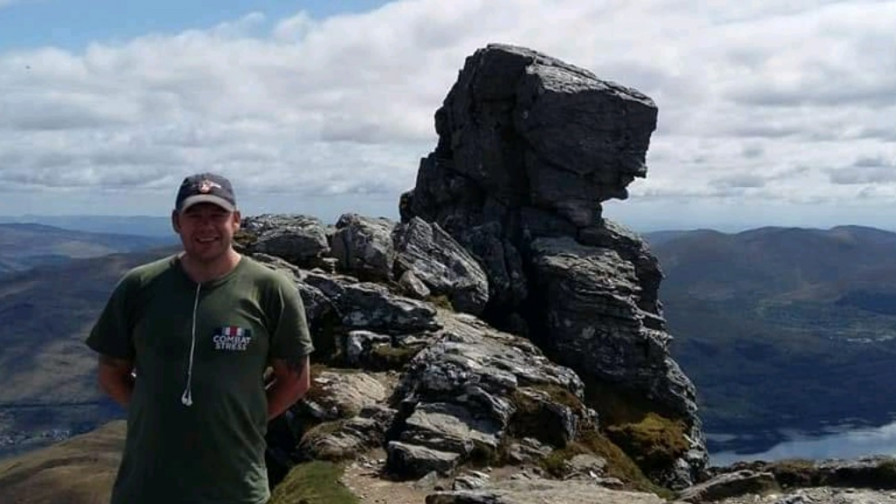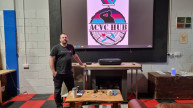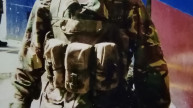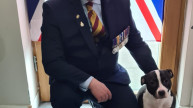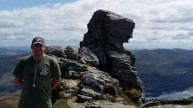Allen's Story
“Never give up – there’s always light at the end of the tunnel”
“I moved from Derbyshire to Saudi Arabia when I was six because of my dad’s job as an engineer. While we were living there, I talked to the soldiers that were stationed there and knew I wanted to be one of them one day.
“We didn’t live on an ex-pat compound, and we had some traumatic incidents during our time there including my dad and I being attacked separately, which led to my dad taking his own life when I was 13. My family moved back to the UK and I started to get into trouble but knew I wanted to make him proud, so at 16 I joined the Royal Regiment of Fusiliers.
“During my time in the Army I was stationed in Northern Ireland twice, Kenya, Kosovo, and Iraq twice, where in 2003 the Fusiliers spearheaded the taking of Basra and I spent the last six years in the mortar stores.
“I left the Army in 2014 after I was made redundant. Once I left, I couldn’t settle in a job as a lot of my mates were still serving so didn’t have any of them around me.
“I drank, I was aggressive and angry. I felt like my head was saying no to me – I saw horrific images and I was a zombie. I even smashed my house up one day, I felt like life had just disappeared. My issues stemmed from a mix of what had happened with my dad and what I’d seen in Ireland, Iraq and Kosovo.
“I’d been sleeping on the streets away from my wife and kids and was in a hostel in 2016 when my wife decided enough was enough and called Combat Stress, saying I needed help.
“I shuffled into the six-week course with Combat Stress weighing only nine stone, not saying a word to anyone. I was just a skinny bloke who could barely walk because he was so thin, with a big beard and a cap over his face. I kept it pulled down and if anyone spoke to me, I’d swear at them.
“As part of my treatment I started doing art therapy. One day I drew a picture of hills and lakes, with a box that was a cell. I was lying in it looking at the conflicts I’d been to.
"The conflicts were my safe space because I was surrounded by my mates. Art therapy identified that and helped me to move away from that mindset.
“I could see the difference that art therapy made and after a short period sofa-surfing when I left Combat Stress, I set up my own art and crafts hub in Glasgow for veterans with mental health issues, a charity called ACVC Hub. I knew how much art and creativity had helped me and I wanted to do the same for other veterans. We now have up to 65 veterans a week coming to us doing art, clay, woodworking and loads more, to help get balance back in their lives and provide a safe place to relax. Hopefully in 10 years’ time we’ll have another 10 art hubs across Scotland, to help make a difference to those who need it.
“My complex-PTSD will never leave me. I still walk the dog in the early hours of the morning, still have flashbacks and other symptoms, but arts and crafts help me to keep balanced instead of staring into the abyss.
“I’d say to other veterans there’s help out there; you just need to realise you need it. Never give up, there’s always light at the end of the tunnel and someone to live for, or help”.
July 22

